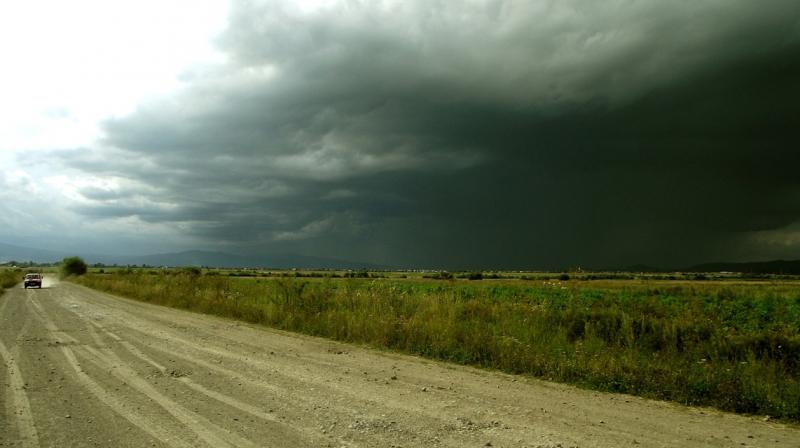Is climate change connected to location, local weather?

Researchers in the United States have found that local experiences and temperatures drive belief or non-belief of people in climate change.
The study, published in the Journal of Proceedings of the National Academy of Sciences, found that Americans' belief that the earth is warming is related to the frequency of weather-related events they experience, suggesting that local changes in their climate influence their acceptance of this worldwide phenomenon. "One of the greatest challenges to communicating scientific findings about climate change is the cognitive disconnect between local and global events," said study's co-author Michael Mann from George Washington University in the US.
"It is easy to assume that what you experience at home must be happening elsewhere," Mann added. They researchers found that Americans who experience more record highs than lows in temperature are more likely to believe the earth is warming. Conversely, Americans who live in areas that have experienced record low temperatures, such as southern portions of Ohio and the Mississippi River basins, are more skeptical that the earth is warming.
The study notes that part of this dichotomy may be because of the early terminology used to describe climate change that suggested the earth was simply warming - not changing in innumerable but measurable ways. This might have led residents living in areas that experienced an unusually cold winter to doubt that climate change is occurring. "Who do Americans trust about climate change; scientists or themselves?" said lead study author Robert Kaufmann.
"For many Americans, the answer seems to be themselves," Kaufmann added. The researchers also found that a recent period of lower-than-average temperatures offset the effect of a long warming period, further supporting their findings that people's belief in climate change is local and experiential.
The scientists noted the importance of differentiating between weather, the temperatures of a relatively short period of time such as a season and climate, the average temperatures over a period of 25 or 30 years. Emphasizing the difference between weather and climate may help scientists more effectively communicate about climate change.

